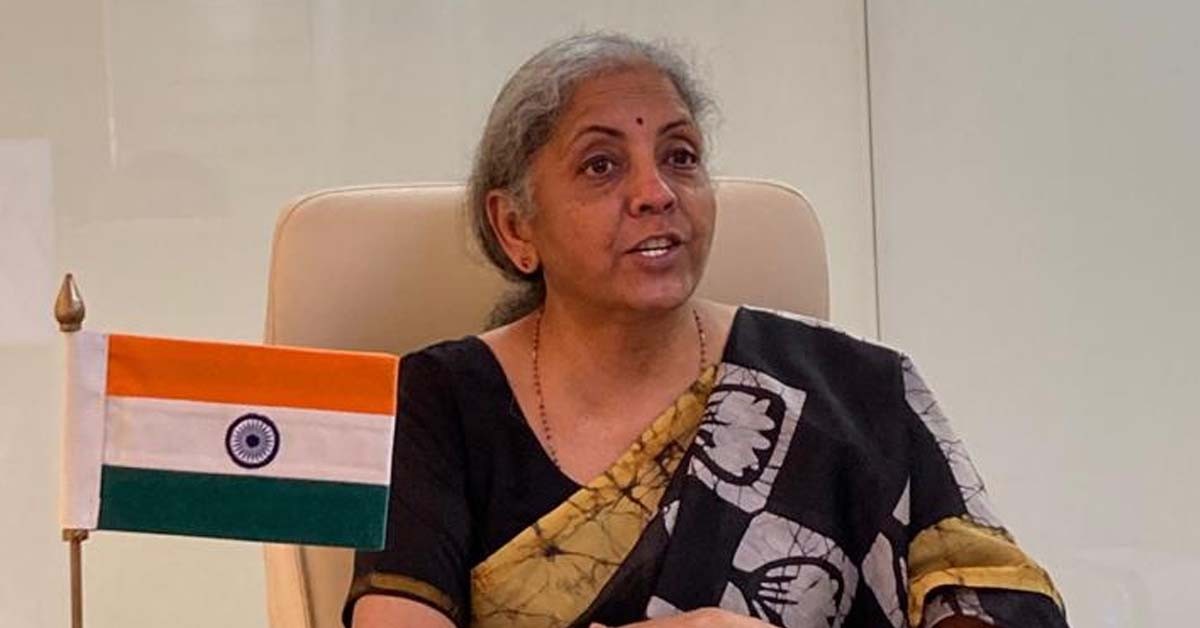Finance Minister Introduces Bill to Amend GST Appellate Tribunal Age Limits; Operationalization Set to Streamline Dispute Resolution
On Wednesday, Finance Minister Nirmala Sitharaman presented the Central Goods and Services Tax (Second Amendment) Bill, 2023, in the Lok Sabha, aiming to revise the age limits for the president and members of the GST Appellate Tribunals (GSTAT). The proposed changes, endorsed by the GST Council in October, seek to enhance the age limits to 70 years for the president and 67 years for members, aligning with the Tribunal Reforms Act, 2021.
Key Amendments
The bill proposes capping the age for GSTAT president and members at 70 and 67 years, respectively, compared to the previous limits of 67 and 65 years. Eligibility criteria for judicial members include a mandatory 10 years of substantial experience in indirect tax litigation. The term for the president and members would be four years or until reaching the age limits.

Re-Appointment and Age Criteria
The amended bill allows for re-appointment of the president and members for an additional two years, provided they remain within the age limits of 70 and 67, respectively. Individuals below the age of 50 are ineligible for appointment as president or member.
Background and Legislative Alignment
In March, Parliament approved amendments enabling the creation of GSTATs, notified on July 31. The current bill aligns provisions of the Central Goods and Services Tax Act, 2017, with the Tribunal Reforms Act, 2021, facilitating the administrative process for GSTAT operationalization. The move addresses the need for a specialized dispute resolution mechanism for GST-related matters.
Operationalization Timeline
An official from the Finance Ministry noted that the operationalization of GSTATs is anticipated to take 4-5 months. Efforts are underway to identify suitable infrastructure, paving the way for the subsequent selection process of members.
State-Level Benches and Dispute Resolution
In September, the Finance Ministry notified 31 GSTAT benches across states and union territories, aiming to expedite dispute resolution. This decentralization is expected to alleviate the burden on High Courts, which currently handle GST cases, resulting in a prolonged resolution process.
State-Specific Bench Allocation
The notification outlines the allocation of GSTAT benches, with some states having multiple benches. Gujarat and UTs — Dadra and Nagar Haveli, and Daman and Diu — will each host two benches, while Goa and Maharashtra together will have three benches. Karnataka, Rajasthan, and Uttar Pradesh will also have multiple benches, with other states having one each.
Conclusion
The proposed amendments signify a strategic effort to refine the age criteria for GSTAT members, aligning with contemporary legislation. The move aims to expedite the operationalization of GSTATs, contributing to a more efficient and specialized dispute resolution process for GST-related matters. As the bill progresses through legislative channels, its impact on the broader tax landscape and administrative efficiency will become clearer.





 CAclubindia
CAclubindia

